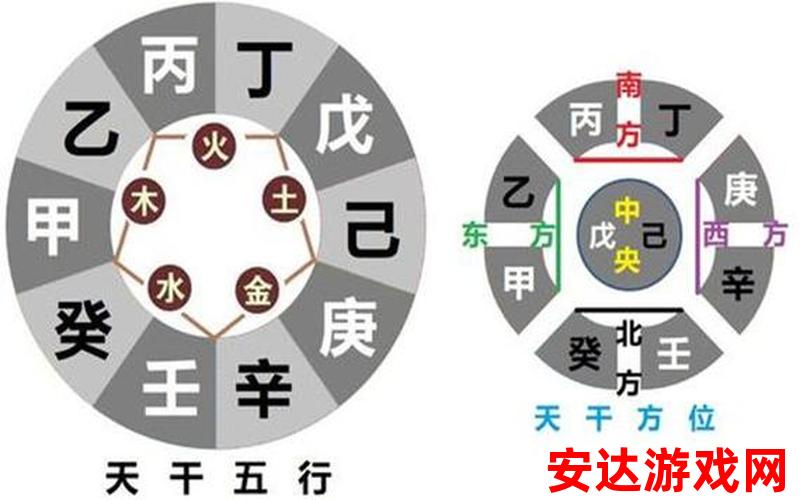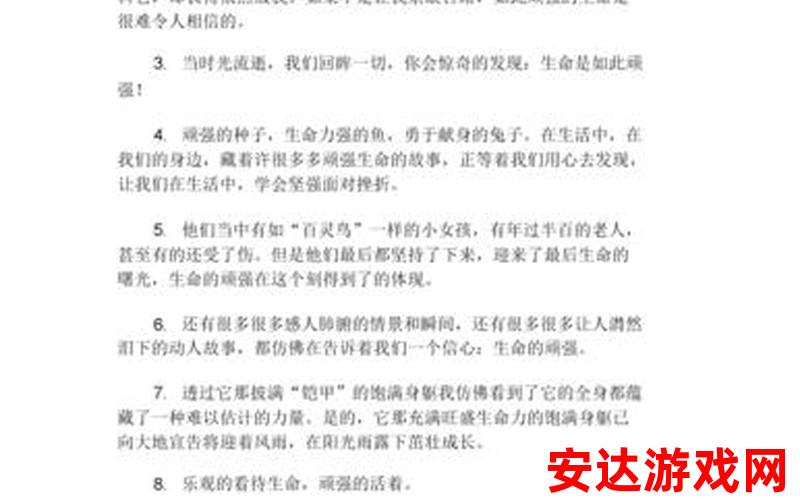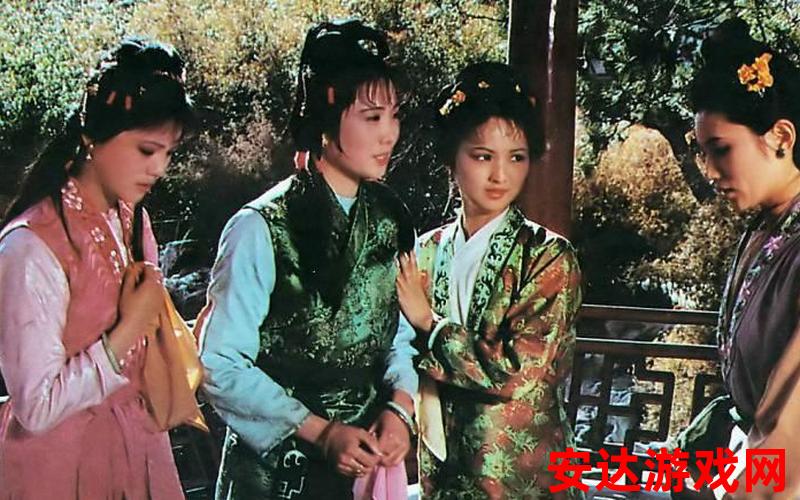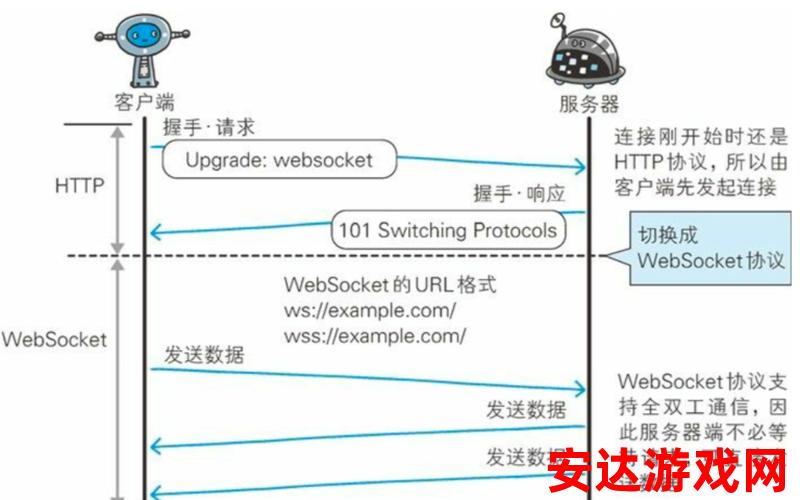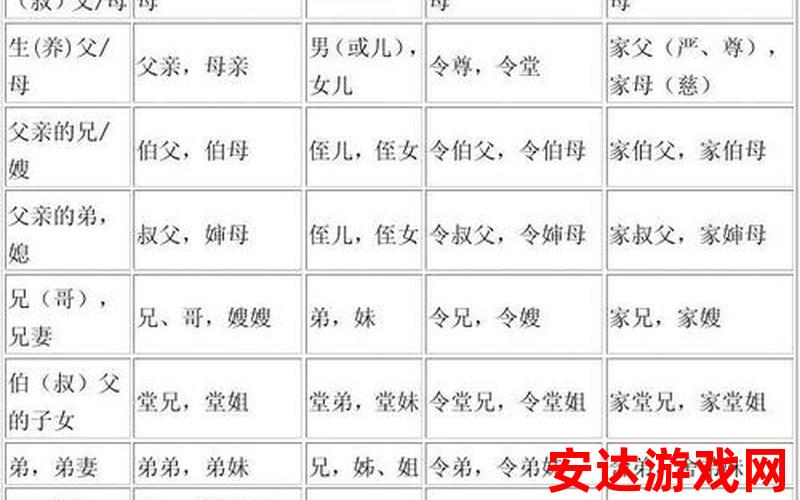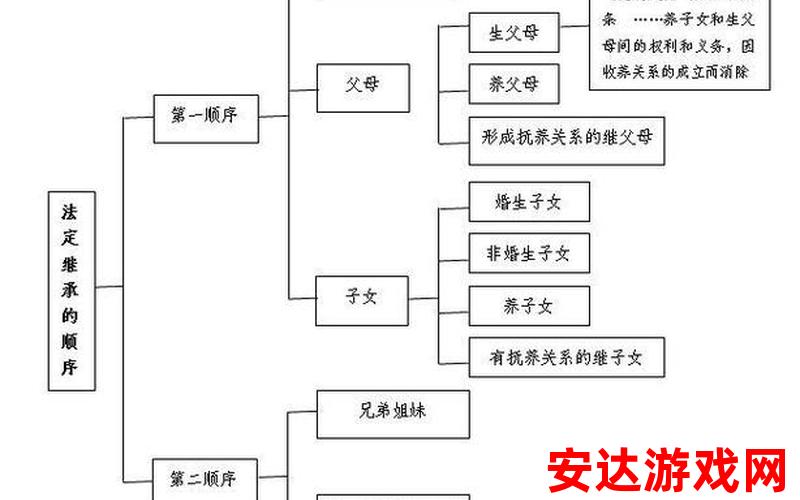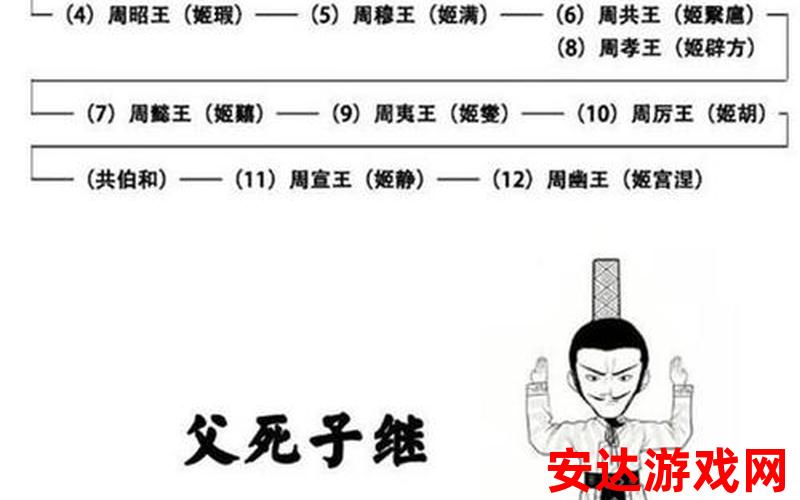中文名转化成英文名:How to convert Chinese names into English names?
攻略 2024-05-22 25 0
Converting Chinese names into English names is a fascinating process that requires careful consideration and understanding of both cultures. It involves not only translating the literal meaning of the name but also capturing the essence and cultural significance behind it. In this article, we will explore various aspects of converting Chinese names into English names, providing insights and strategies to ensure a meaningful and accurate transformation.
The Importance of Cultural Understanding
Cultural understanding plays a crucial role in converting Chinese names into English names. Chinese names often carry deep cultural meanings and historical significance. It is essential to research and understand the cultural context behind a Chinese name before attempting to convert it into an English name. By doing so, we can ensure that the English name retains the essence and cultural significance of the original Chinese name, allowing for a more accurate and respectful representation.
Transliteration vs. Translation
When converting Chinese names into English names, we encounter the choice between transliteration and translation. Transliteration involves representing the sounds of the Chinese characters using English phonetic equivalents, while translation focuses on capturing the meaning of the name. Striking a balance between transliteration and translation is crucial to maintain the integrity of the original name while making it accessible to English speakers. It is important to consider factors such as pronunciation, cultural connotations, and personal preferences when deciding which approach to take.
Adapting to English Naming Conventions
English naming conventions differ from Chinese naming conventions, and this must be taken into account when converting Chinese names. In English, the order of names is typically given name followed by surname, while in Chinese, it is the reverse. As such, adjustments may need to be made to ensure the converted English name follows the appropriate conventions. Additionally, considering the phonetic compatibility and ease of pronunciation for English speakers is crucial to create a name that is both culturally accurate and easily understandable.
Balancing Authenticity and Accessibility
Converting Chinese names into English names requires striking a balance between authenticity and accessibility. While it is important to preserve the cultural significance and uniqueness of the original Chinese name, it is equally important to ensure that the English name is easily pronounceable and understandable for English speakers. This balance can be achieved by considering phonetic similarities, cultural connotations, and personal preferences. By doing so, we can create English names that are both culturally respectful and accessible to a wider audience.
Conclusion

Converting Chinese names into English names is a complex and fascinating process that requires a deep understanding of both cultures. By considering cultural understanding, transliteration vs. translation, adapting to English naming conventions, and balancing authenticity and accessibility, we can create English names that accurately represent the original Chinese names while being easily understandable for English speakers. It is a delicate art that requires careful consideration and research, resulting in names that bridge the gap between two languages and cultures.


